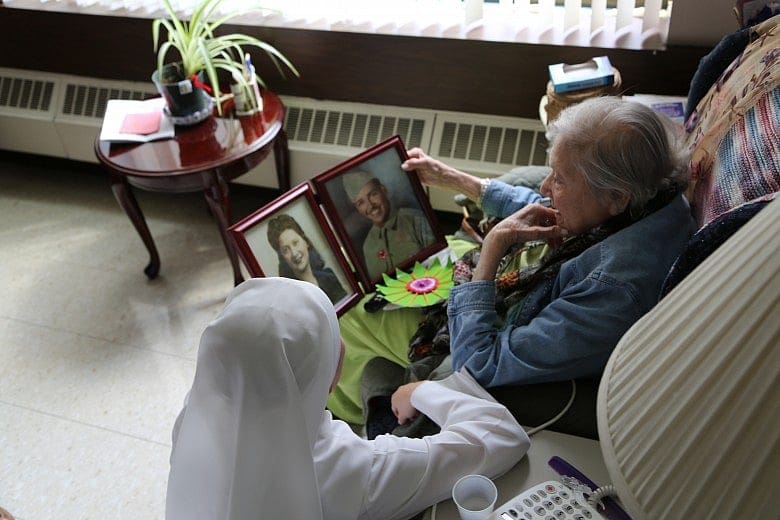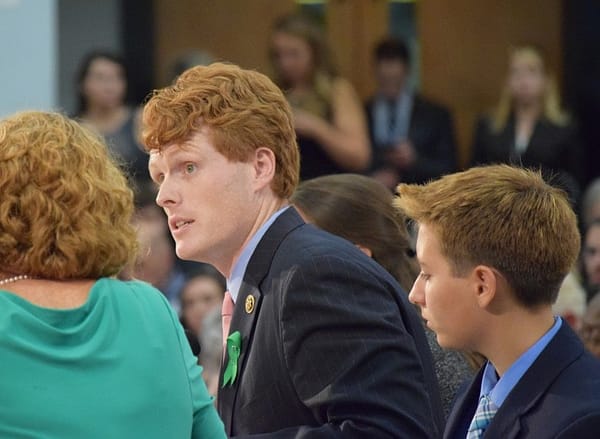UMass prof defends nuns in Obamacare case before high court

BOSTON – An order of Catholic nuns that has balked at complying with a federal mandate forcing it to buy insurance that covers medical services and drugs that go against the contraception and abortion got some support from a University of Massachusetts Law School professor, who has weighed in before the U.S. Supreme Court on behalf of the people they serve.
"For almost 150 years," Dwight Duncan, a professor of constitutional law and NewBostonPost blogger, says in his friend-of-the-court brief, "the Little Sisters of the Poor in the United States have provided an incomparable loving environment for elderly poor people, many of whom have nowhere else to go. "

